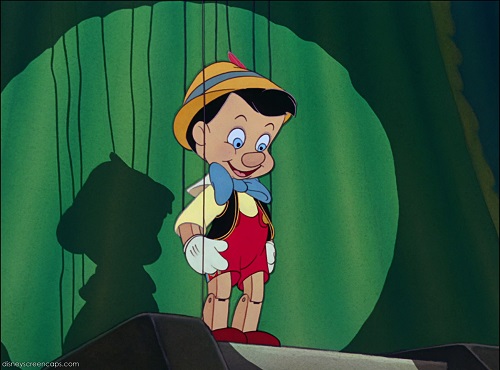En dannelsesreise i animasjonens landskap – Didaktikk og etikk i Disneys Pinocchio
DOI:
https://doi.org/10.7577/information.v6i1.2555Abstract
This article presents Disney’s Pinocchio as a journey into maturity, where development of virtue is put on the agenda. The intention is to show how the film can illustrate ethical and Christian values, and relate these values to children’s self-development. Thus, it may contribute to realizing the idea of self-formation emphasized in documents of reference for schools and kindergartens in Norway. The authors use main features of the film to demonstrate that it dramatizes a development from classic virtue ethics towards a more Christian ethics. The analysis is informed by virtue ethics, both as it was developed in antiquity, and as it was Christianized by philosophers such as Søren Kierkegaard. In the authors’ reading, Disney’s Pinocchio demonstrates that self-development in this respect requires an ability to recognize evil and choose the good. The article also points to how the artistic use of animation techniques contribute to illustrating the thematic structure, connecting to forms of storytelling that children are already familiar with.

Downloads
Published
How to Cite
Issue
Section
License
Authors who publish with this journal agree to the following terms:
- Authors retain copyright and grant the journal right of first publication with the work simultaneously licensed under a Creative Commons Attribution License that allows others to share the work with an acknowledgement of the work's authorship and initial publication in this journal.
- Authors are able to enter into separate, additional contractual arrangements for the non-exclusive distribution of the journal's published version of the work (e.g., post it to an institutional repository or publish it in a book), with an acknowledgement of its initial publication in this journal.
- Authors are permitted and encouraged to post their work online (e.g., in institutional repositories or on their website) prior to and during the submission process, as it can lead to productive exchanges, as well as earlier and greater citation of published work (See The Effect of Open Access).